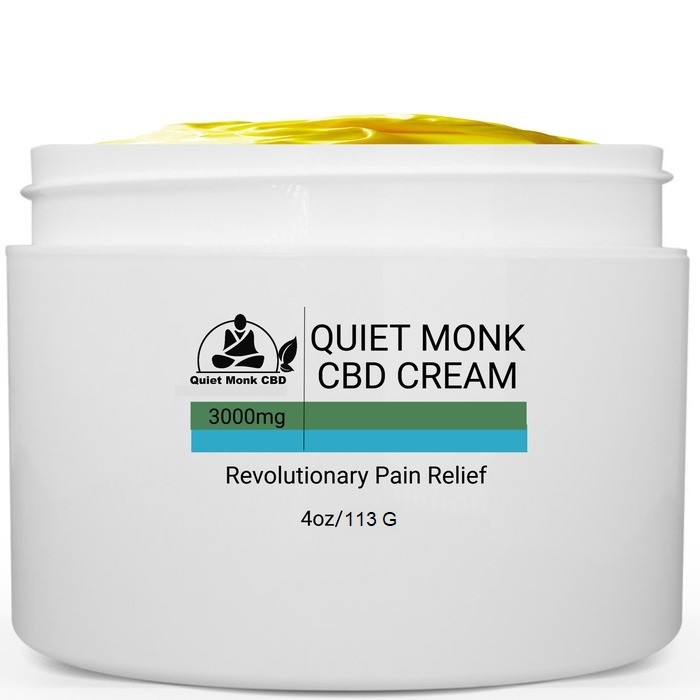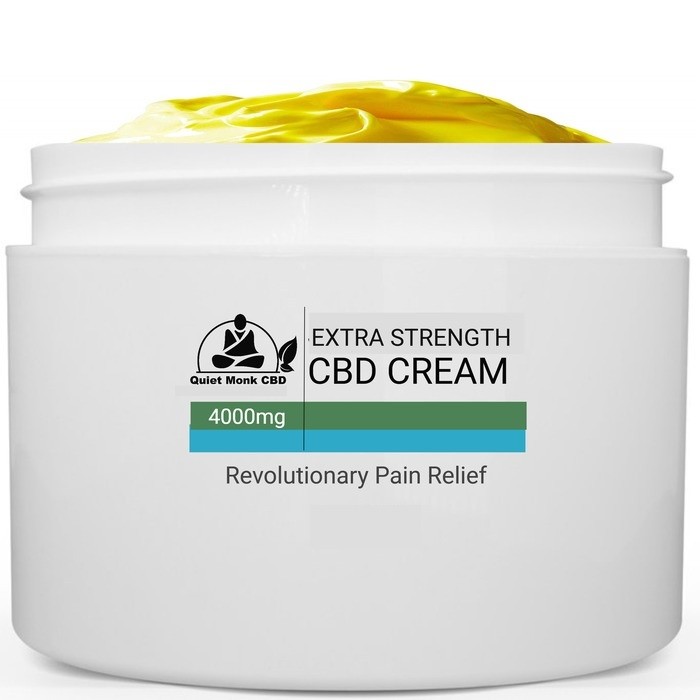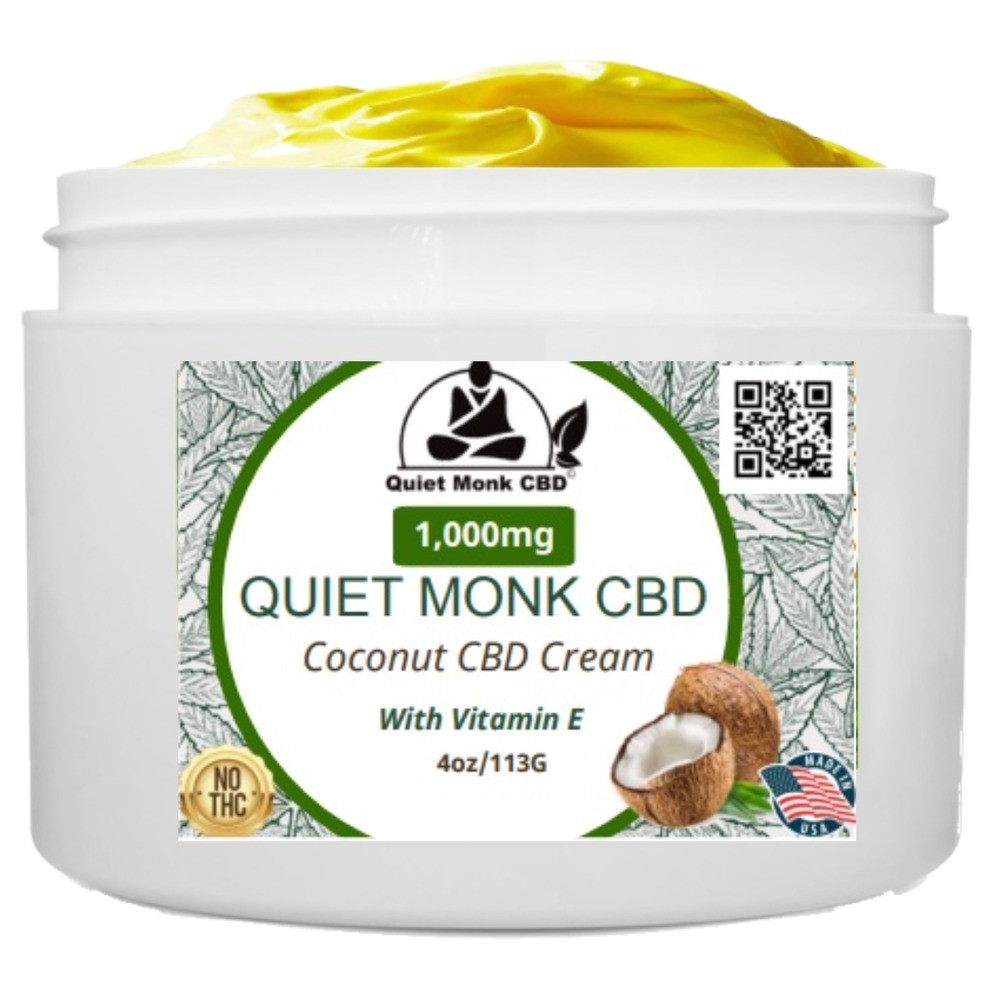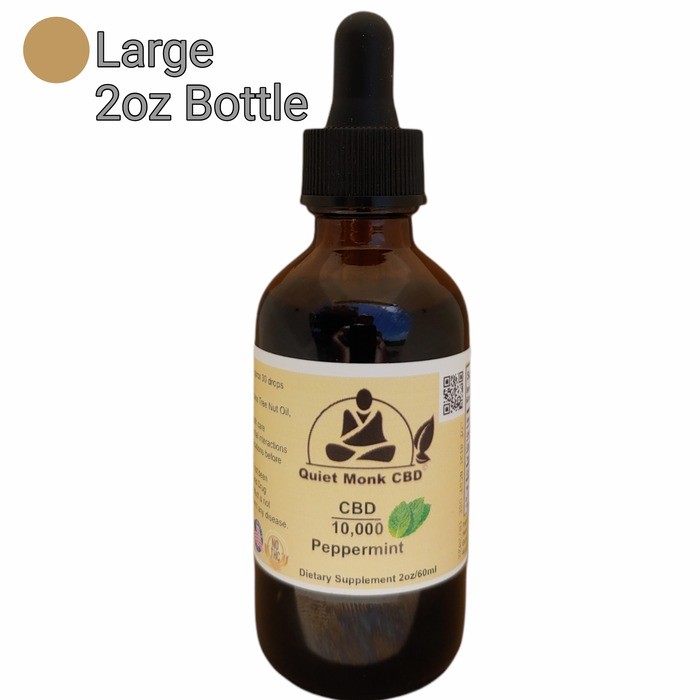CBD, short for cannabidiol, is a naturally occurring substance derived from the hemp plant. It has been gaining significant traction for its potential therapeutic benefits, particularly in the area of pain management. Among its many applications, CBD has been observed to effectively promote muscle relaxation. This article aims to explicate the mechanisms behind how CBD achieves muscle relaxation and why it presents a promising alternative to traditional muscle relaxants.
Muscle Relaxation Demystified

To better comprehend how CBD products instigates muscle relaxation, it is necessary to first elucidate what muscle relaxation entails. Muscles can become tense or taut for a plethora of reasons, such as strain, injury, or overuse. This, in turn, can result in pain, discomfort, and restricted mobility. Muscle relaxants, such as traditional drugs, help alleviate muscle tension, promote relaxation, and mitigate pain.
Conventional muscle relaxants primarily function by targeting the nervous system. They attach themselves to particular receptors in the spinal cord and brain, thereby reducing nerve activity that controls muscle contractions. Consequently, this leads to muscle relaxation, diminished pain, and increased mobility. However, traditional muscle relaxants may also generate undesirable side effects, such as lethargy, dizziness, and parched mouth.
CBD as a Natural Muscle Relaxant
CBD, on the other hand, is a non-intoxicating compound that interacts with the body’s endocannabinoid system (ECS). The ECS is a multifaceted cell-signaling mechanism that governs several physiological processes, including pain, mood, sleep, and immune system response. The ECS consists of three main constituents: endocannabinoids, receptors, and enzymes.
Endocannabinoids are organic compounds produced naturally by the body that bind to cannabinoid receptors, located throughout the body, including the brain, immune system, and peripheral nervous system. Enzymes are responsible for breaking down endocannabinoids after they have served their purpose.
CBD acts on the ECS by binding to receptors and modulating their activity. Unlike conventional muscle relaxants, CBD does not directly attach to nervous system receptors. Rather, it interacts with other receptors, such as TRPV1, that are involved in pain perception and inflammation.
Furthermore, CBD increases the levels of an endocannabinoid known as anandamide, which possesses pain-relieving and anti-inflammatory properties. By raising anandamide levels, CBD can assuage muscle tension and foster relaxation.
CBD Creams For Topical Pain Relief




Advantages of CBD as a Natural Muscle Relaxant
CBD has numerous benefits as a muscle relaxant. Unlike traditional muscle relaxants, it is not addictive and presents minimal side effects. Some of the potential benefits of CBD as a muscle relaxant include:
Pain alleviation: CBD is a potent analgesic, which means it can help mitigate pain. By decreasing muscle tension, CBD can alleviate pain linked to muscle spasms, cramps, and injuries.
Anti-inflammatory effects: CBD has demonstrated potent anti-inflammatory effects, which can help diminish muscle swelling and inflammation. This can contribute to pain alleviation and facilitate healing.
Enhanced sleep quality: CBD has sedative properties that can promote restful sleep. By reducing muscle tension and promoting relaxation, CBD can enhance sleep quality and duration.
Diminished anxiety: CBD has anxiolytic properties, which means it can alleviate anxiety. By fostering relaxation and reducing muscle tension, CBD can ease anxiety associated with muscle pain and discomfort.
CBD Oils To Take By Mouth
In conclusion, CBD is a natural compound that offers potential therapeutic benefits, especially in the area of pain management. As a muscle relaxant, CBD functions by acting on the body’s endocannabinoid system. CBD’s effectiveness in relieving pain and fostering relaxation makes it a viable alternative to traditional muscle relaxants.


